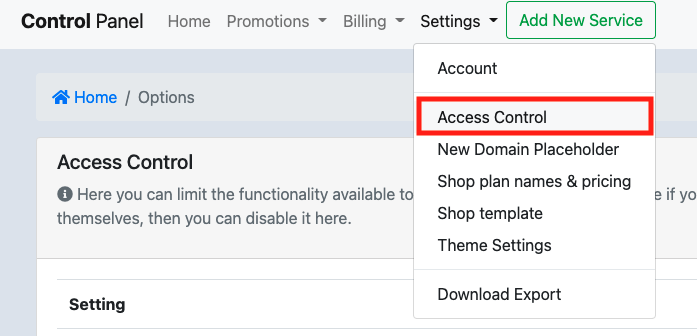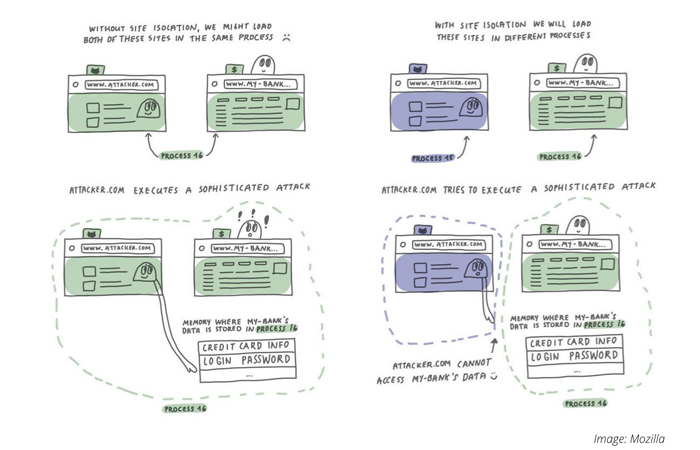THERE’S A NEW battleground in the browser wars: user privacy. Just recently, we published an article about Brave browser and how effective its tracker blocking technologies. So here’s another talk of the town privacy-focused search engine that will help you enjoy the internet without having to worry about leaving a digital footprint.
What is DuckDuckGo?
DuckDuckGo is a search engine, that offers genuine privacy and a safe browsing experience. It protects your browsing activities by blocking tracking cookies that are able to identify you and your device. Not only do they keep you better protected online, but they also scan & rank every website you visit according to their privacy policies which allow you to see how safe the site is that you are browsing. Moreover, DDG also has mobile app browsers for Android and IOS, and browser extensions.
Another useful and secure feature that DuckDuckGo offers, is the !bangs. It allows you to search other sites directly and bypass DuckDuckGo if you wish. The ! signifies that you want to use a bang shortcut. Just type in ! and the name of the site you want to visit, then you will be routed directly to the site. To make it easier, DuckDuckGo has some abbreviations for widely visited sites, which also works with autocomplete.
For example, if you run a search and don’t get the results you’re looking for, simply do the same search with !g in front of it, to do the occasional search on Google instead.
new car
!g new carIn general, DuckDuckGo works the same way as other search engines, but the key difference is that it doesn’t store your information or IP address. The goal of DuckDuckGo is for users to experience safe browsing and maintain their privacy. They have stayed true to their word, that even if you ask them how many users they have, they can’t give you an exact answer, but in August 2020, they have catered to more than 2 billion total searches. DuckDuckGo has come a long way from its humble beginnings in 2008, its popularity has grown tremendously, compared to other privacy-focused search engines.
If you are also keen on maintaining your privacy, you might have already heard of DuckDuckGo. If you haven’t, this is a good time for you to free yourself from prying eyes and enjoy safer browsing.











